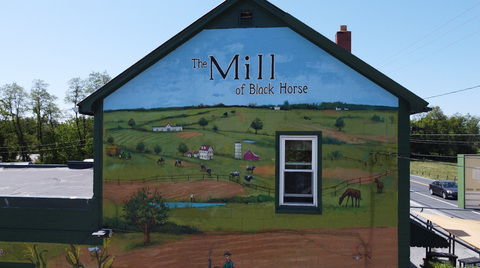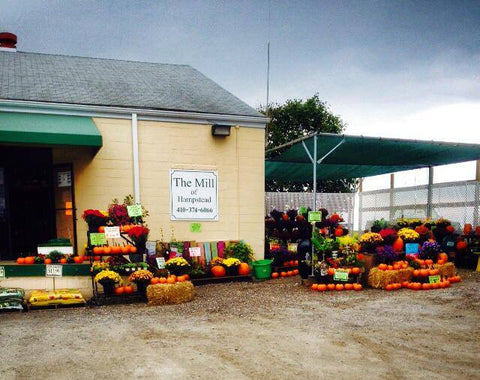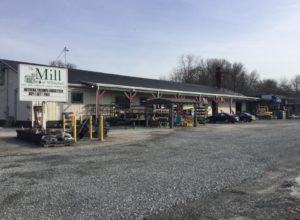Hoof care is an intricate balancing act. The first line of defense when it comes to hoof care is consistent farrier work and a proper diet with adequate levels of amino acids. If you are unsure whether your horse's diet is meeting his/her amino acid needs, adding a diet balancer is a great way ensure those levels are being met.
Is Additional Supplementation Needed?
- If additional supplementation is needed beyond the fulfilled amino acid requirements, top-dress supplements that include biotin, zinc, manganese and/or omega 3's can be helpful in various aspects of hoof health.
-
Feel free to contact a one of our Equine Nutrition or Sales Experts when adding a new vitamin or mineral supplement to ensure vital ratios are not being thrown off balance.

- Balancing your horse's diet can save you money in the long run and provide the right nutrients to meet your horse's daily requirements.
- Learn more about nutrients important to hoof health.
What Topicals Should I Consider?
- Paint on moisturizers when the weather and ground is dry can help to avoid chips and cracks and offer the foot much needed hydration.
- Equine hoof specific antifungal or iodine solutions can combat fungal onsets like thrush when the weather and ground is wet.
-
Hoof Hardeners can be helpful to toughen up a foot and provide added strength to the hoof wall.

- Poultices, patches and wraps can help treat bruises and cracks.
- Boots can be used to protect hooves from snow or mud
Signs of Healthy Hooves
- Strong, smooth hoof walls without cracks or chips.
- A concave sole that is free from bruising or sensitivity.
- A well-defined frog that is not overly soft or foul-smelling.
- Regular hoof growth, typically around ¼ to ½ inch per month.

